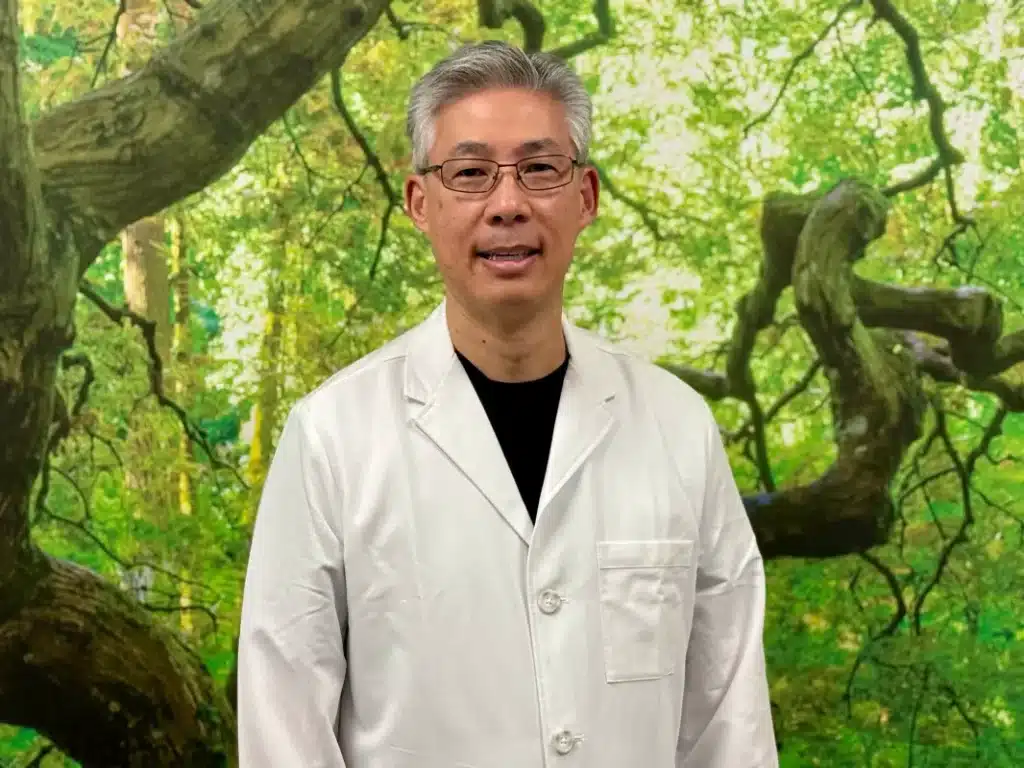Does Chronic Pain Cause Ptsd?
Symptoms of chronic pain and post-traumatic stress disorder represent a painful circle of physical and emotional anguish. It’s only natural to wonder about cause and effect. Studies have shown there is a relationship between the two conditions, and learning about both conditions may help you treat their symptoms better.
What Is PTSD?
“Post-traumatic stress disorder (PTSD) is a disorder that develops in some people who have experienced a shocking, scary, or dangerous event. It is natural to feel afraid during and after a traumatic situation. Fear triggers many split-second changes in the body to help defend against danger or to avoid it.”
Contrary to how it’s sometimes portrayed in the media, PTSD isn’t something that only affects wounded combat veterans. It doesn’t discriminate against age or gender.
What Is Chronic Pain?
Chronic pain is discomfort that is constant and normally persists for more than six months. People with chronic pain can experience it even after what caused it – an injury or illness – has mended or gone away. Pain signals can live in your nervous system for anywhere from weeks to years. One way to treat symptoms of both conditions is ketamine. Ketamine is believed to help repair or strengthen neurotransmitters in the brain which disperse pain signals.
PTSD Symptoms
PTSD is diagnosed after someone has symptoms for at least a month after a traumatic event. But symptoms might not show until months or years later. There are three main kinds of symptoms:
- Re-experiencing the trauma through intrusive disturbing memories, flashbacks, and nightmares.
- Emotional numbness and the urge to avoid people, places, and activities which are reminders of what happened.
- Increased arousal like problems sleeping and focusing, feeling jittery, and being easily annoyed and angered.
Chronic Pain Symptoms
Chronic pain can affect physical health, emotions, and relationships at home, work, and school over time. It’s not unusual to experience many different symptoms:
- According to experts at Harvard Medical School, there’s a definite connection between chronic pain and anxiety
- Depression is known to make chronic pain worse
- Sleep problems
- Feeling extremely tired or physically drained
- Irritability
- Guilt
- Lack of interest in intimacy
- Alcohol or drug abuse
- Marriage or family problems
- Job worries
- Suicidal thoughts
Does Chronic Pain Cause PTSD?
There’s an obvious relationship between PTSD and many of its symptoms, but known facts surrounding cause and effect are somewhat murky and worth more study. According to the National Center for PTSD, part of the U.S. Department of Veterans Affairs: “Some people’s chronic pain stems from a traumatic event, such as a physical or sexual assault, a motor vehicle accident, or some type of disaster. Under these circumstances, the person may experience both chronic pain and PTSD. The person in pain may not even realize the connection between their pain and a traumatic event. Approximately 15% to 35% of patients with chronic pain also have PTSD.”
The number of people without chronic pain who have post-traumatic stress disorder is almost infinitesimally small, about two percent. One study discovered that 51 percent of people suffering from chronic lower back pain exhibited PTSD symptoms. For someone with chronic pain, the discomfort may actually serve as a reminder of what happened – which could make the PTSD experience worse. Researchers believe that someone who survives physical, psychological, or other abuse could be more susceptible to developing certain kinds of chronic pain later.
In a 2019 study published in the U.S. National Library of Medicine, people with chronic pain and PTSD “report greater PTSD symptoms, pain, anxiety, depression, disability, and opioid use than those with only one of these conditions. There are several empirically supported therapies for chronic pain, and for PTSD, as well as pilot data for a treatment of comorbid pain and PTSD.”
Diagnosis & Treatment
To fully diagnose chronic pain, a doctor will need to know its severity and when and where it happens. Diagnosis may involve several tests or procedures (blood tests, tests for muscle activity, imaging tests, nerve conduction studies, and many others).
To diagnose PTSD, your healthcare provider will perform a physical examination and psychiatric assessment. The goal is to discover any medical condition causing symptoms and to assess your psychological wellness (using criteria in the DSM-5) and whether you have a personal or family history of mental illness.
Treatment may involve physical or psychotherapy, antidepressants, or therapy involving ketamine infusion sessions.
Final Thoughts
If you experience long-term PTSD or chronic pain, the symptoms of either could have devastating consequences if left untreated. Your physical and mental well-being could be compromised, leading to other medical issues. Contact us today to learn more about how we can help you find relief.
At Scottsdale Ketamine Therapy Clinic, we use innovative treatments to provide relief from mood disorders and pain conditions. Our mission is to provide compassionate care and support by leveraging psychedelic medicine as a catalyst to create positive life-changing experiences.

